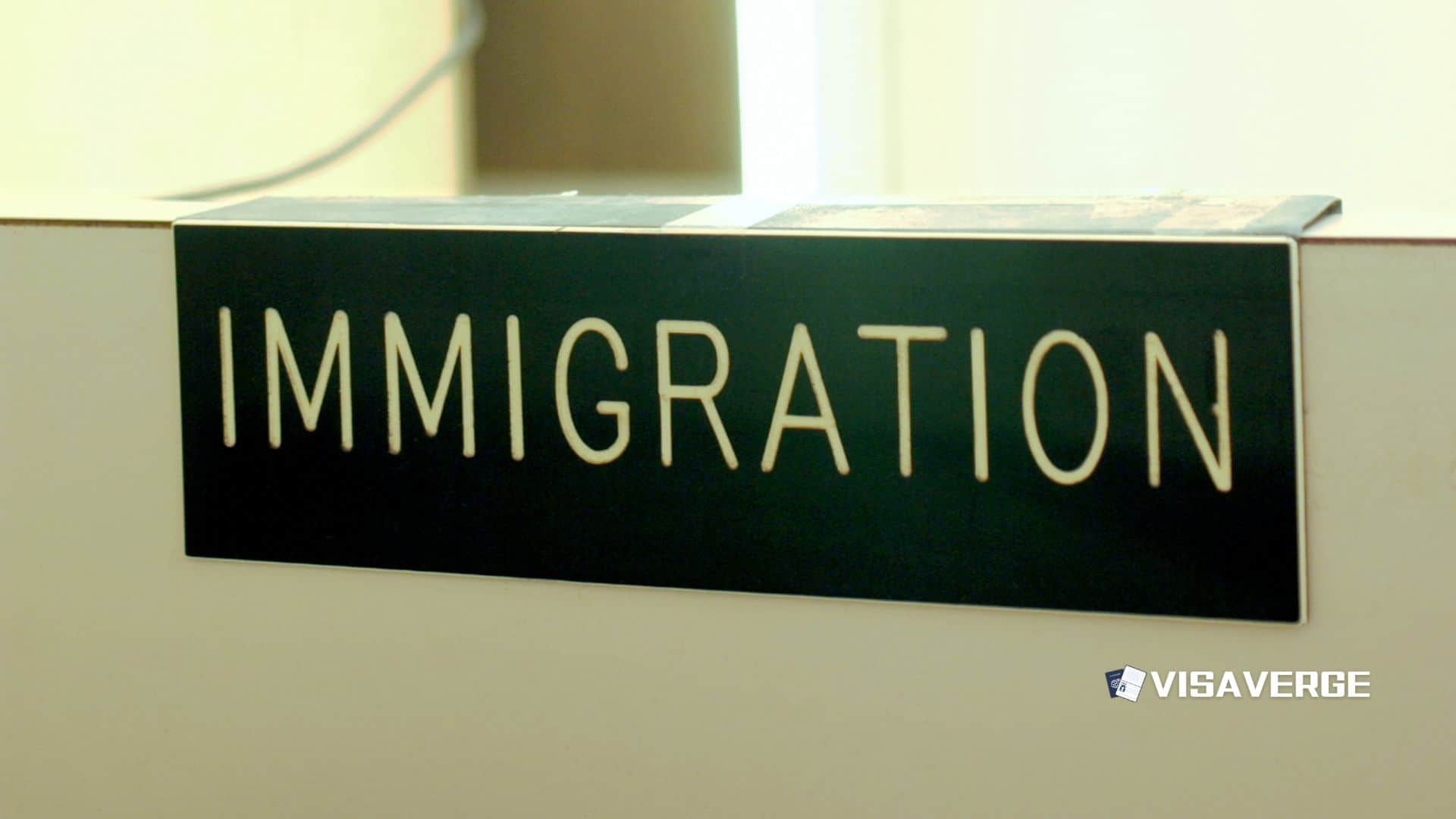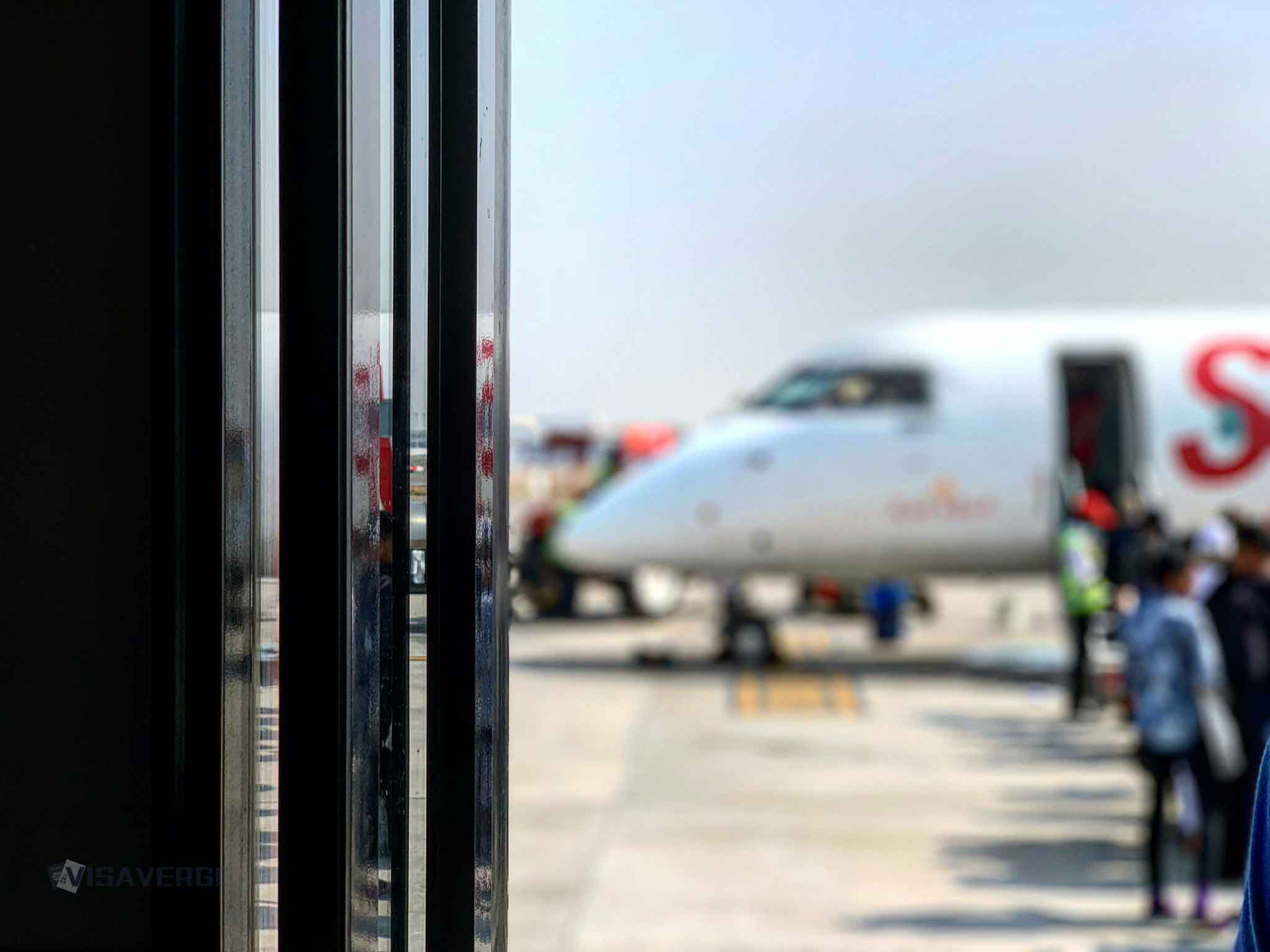Key Takeaways
• Indian travelers with foreign visas from select countries get Visa-on-Arrival in UAE starting June 2025.
• Visa-on-Arrival stays last 14 to 30 days, requiring valid passport, foreign visa, return ticket, and accommodation.
• Policy streamlines travel, saving time and cost, boosting UAE-India tourism and business connections.
The recent introduction of Visa-on-Arrival (VoA) privileges for Indian travelers holding foreign residency or valid visas from countries such as the United States 🇺🇸, United Kingdom 🇬🇧, European Union member states 🇪🇺, Australia 🇦🇺, and several others marks a major shift in the United Arab Emirates 🇦🇪 immigration policy. This analytical content aims to provide a comprehensive overview of the policy’s purpose, scope, and impact, supported by clear data presentation, comparative analysis, and evidence-based conclusions. The content also addresses the practical steps for travelers, highlights trends, and discusses both the benefits and limitations of the new system.
Purpose and Scope

The main purpose of this analysis is to explain the new Visa-on-Arrival policy for Indian travelers with foreign residency, focusing on its implications for travel between India and the United Arab Emirates. The scope covers:
- The eligibility criteria and process for obtaining a Visa-on-Arrival in the UAE
- The practical benefits and challenges for Indian travelers and stakeholders
- Trends and comparisons with previous visa policies
- The broader impact on tourism, business, and bilateral relations
- Limitations and areas for future improvement
This content is designed for Indian nationals, travel industry professionals, policymakers, and anyone interested in the changing landscape of international travel between India and the UAE.
Methodology
This analysis draws from official announcements, government sources, and expert commentary. The information is based on the most recent policy updates as of June 30, 2025, and includes perspectives from government agencies, diaspora organizations, and travel industry experts. Data is presented in a clear, accessible format, with key points highlighted for easy reference. Where relevant, official government links are provided for further reading and verification.
Key Findings
- Indian travelers with valid foreign residency or visas from select countries can now obtain a Visa-on-Arrival in the United Arab Emirates.
- The policy is effective as of June 2025 and applies at all major UAE international airports and designated land border crossings.
- Eligible travelers include Indian nationals with residency or visas from the United States 🇺🇸, United Kingdom 🇬🇧, European Union 🇪🇺, Australia 🇦🇺, Canada 🇨🇦, New Zealand 🇳🇿, Japan 🇯🇵, and South Korea 🇰🇷.
- The Visa-on-Arrival typically allows a stay of 14 to 30 days, with possible extensions.
- The process is streamlined, requiring only a valid Indian passport, proof of foreign residency or visa, a return or onward ticket, and accommodation details.
- The policy reduces travel barriers, saves time and money, and is expected to boost tourism and business travel.
- Strict verification measures remain in place to ensure security and compliance.
Data Presentation and Visual Overview
Policy Details Table
| Policy Feature | Details |
|---|---|
| Effective Date | June 2025 |
| Eligible Travelers | Indian nationals with valid residency/visa from US, UK, EU, Australia, Canada, etc. |
| Visa Validity | 14 to 30 days (extensions possible) |
| Entry Points | All major UAE international airports and designated land borders |
| Required Documents | Indian passport (6+ months validity), foreign residency/visa, return ticket, accommodation |
| Fees | Nominal or waived (subject to UAE fee structure) |
| Application Process | No pre-arrival application; documents checked at UAE entry |
Step-by-Step Process for Indian Travelers
- Check Eligibility: Ensure you have a valid residency permit or visa from an eligible country (US, UK, EU, Australia, etc.).
- Prepare Documents: Bring your Indian passport (valid for at least six months), proof of foreign residency or visa, return or onward ticket, and accommodation details.
- Arrive in UAE: Land at any major UAE international airport or cross at a designated land border.
- Present Documents: Show your passport and foreign residency/visa at immigration.
- Receive Visa-on-Arrival: Immigration officials issue a visa stamp or electronic visa.
- Comply with Stay Rules: Follow the allowed duration and conditions; apply for an extension if needed.
Visual Description
Imagine a flowchart showing the journey of an Indian traveler with US residency: starting from checking eligibility, preparing documents, arriving at a UAE airport, presenting documents, receiving the visa, and enjoying their stay. Each step is clear and straightforward, with no need for pre-arrival paperwork.
Comparisons, Trends, and Patterns
Historical Context
Previously, Indian nationals needed to apply for a UAE visa before traveling. This process involved online applications, document uploads, and waiting for approval, often taking several days or even weeks. The new policy removes these steps for eligible travelers, allowing them to receive a visa upon arrival.
Comparison with Previous Policy
| Aspect | Old Policy (Pre-2025) | New Policy (2025 Onwards) |
|---|---|---|
| Application | Required before travel | Not required; done at arrival |
| Processing Time | Several days to weeks | Immediate at entry point |
| Eligibility | All Indian nationals (with restrictions) | Only those with foreign residency/visa |
| Fees | Varies, often higher | Nominal or waived for eligible travelers |
| Flexibility | Limited | High; allows spontaneous travel |
Trends and Patterns
- Increasing Liberalization: The UAE has been steadily relaxing its visa rules, especially for travelers from countries with strong economic ties or large expatriate communities.
- Focus on High-Value Travelers: By targeting Indian travelers with foreign residency, the UAE aims to attract visitors who are likely to spend more and contribute to the economy.
- Boost in Bilateral Travel: The policy is expected to increase travel volumes between India and the UAE, benefiting airlines, hotels, and related sectors.
- Security Measures Remain: Despite easier access, the UAE maintains strict checks on foreign residency and visa status to prevent misuse.
Evidence-Based Conclusions
Benefits for Indian Travelers
- Convenience: Indian travelers with foreign residency can now visit the UAE without lengthy visa applications. This is especially helpful for last-minute trips, family emergencies, or business meetings.
- Cost and Time Savings: The removal of pre-arrival visa requirements reduces paperwork, fees, and waiting times.
- Travel Flexibility: The policy allows for multi-destination trips, with the UAE serving as a transit or stopover point.
- Business and Tourism Growth: Easier access encourages more frequent visits for business, tourism, and family reunions.
Stakeholder Perspectives
- UAE Government: Views the policy as a step toward becoming a global travel hub and attracting high-value visitors.
- Indian Diaspora Organizations: Welcome the change, noting it reduces barriers for Indians living abroad.
- Travel Industry Experts: Predict increased travel and economic benefits for both countries.
- Security Authorities: Emphasize the importance of strict verification to maintain safety.
Limitations and Challenges
- Eligibility Restrictions: The policy only applies to Indian travelers with valid foreign residency or visas from select countries. Indian nationals without such status must still follow the traditional visa process.
- Duration Limits: The Visa-on-Arrival is typically valid for 14 to 30 days. Extensions are possible but require a separate application and approval.
- Fee Variability: While fees are generally low or waived, they may change based on UAE immigration rules.
- Document Requirements: Travelers must ensure all documents are valid and up to date. Failure to provide proper documentation can result in denial of entry.
- Policy Updates: Immigration policies can change quickly. Travelers should always check the latest requirements before departure.
Practical Guidance for Indian Travelers
To make the most of the new Visa-on-Arrival policy, Indian travelers should:
- Check Eligibility: Confirm that your foreign residency or visa is from an eligible country and is valid for the duration of your stay.
- Prepare All Documents: Ensure your Indian passport has at least six months’ validity. Carry your foreign residency or visa proof, return or onward ticket, and accommodation details.
- Monitor Official Updates: Visit the UAE Federal Authority for Identity and Citizenship (ICA) for the latest information on visa policies and requirements.
- Plan for Extensions: If you plan to stay longer than the initial visa period, inquire about extension procedures at the time of arrival.
- Consult Airlines and Travel Agents: Airlines and travel agents can provide up-to-date travel advisories and help with documentation.
Broader Impact and Future Outlook
Economic and Social Impact
- Tourism Boost: The UAE is a popular destination for Indian tourists, business travelers, and families. The new policy is expected to increase visitor numbers, benefiting hotels, restaurants, and local businesses.
- Business Opportunities: Easier travel supports business meetings, trade, and investment between India and the UAE.
- Stronger Bilateral Ties: The policy reflects the growing partnership between the two countries, with potential for further cooperation in travel and residency regulations.
Policy Evolution
- Potential Expansion: The UAE may extend similar visa facilitation schemes to other categories of travelers in the future.
- Bilateral Agreements: Ongoing discussions between India and the UAE could lead to even more relaxed travel and residency rules.
- Continuous Monitoring: The UAE will monitor traveler volumes and security outcomes to guide future policy adjustments.
Limitations of the Analysis
While this analysis provides a thorough overview of the new Visa-on-Arrival policy, there are some limitations:
- Policy Changes: Immigration rules can change quickly. The information is current as of June 2025, but travelers should always check official sources before making plans.
- Data Availability: Some details, such as exact visa fees and extension procedures, may vary and are subject to change by UAE authorities.
- Scope: The analysis focuses on Indian travelers with foreign residency. Indian nationals without such status are not covered by this policy.
Conclusion
The introduction of Visa-on-Arrival privileges for Indian travelers with foreign residency in countries like the United States 🇺🇸, United Kingdom 🇬🇧, European Union 🇪🇺, Australia 🇦🇺, and others is a significant step forward in UAE immigration policy. The new system offers greater convenience, flexibility, and cost savings, while supporting tourism and business growth. However, travelers must remain aware of eligibility requirements, document validity, and potential policy updates.
As reported by VisaVerge.com, this policy marks a milestone in India-UAE travel relations, making it easier for Indian nationals living abroad to visit the United Arab Emirates. For the latest and most accurate information, travelers should consult the UAE Federal Authority for Identity and Citizenship (ICA).
By understanding the requirements and preparing accordingly, Indian travelers can take full advantage of the new Visa-on-Arrival policy and enjoy smoother, more flexible journeys to the United Arab Emirates.
Learn Today
Visa-on-Arrival → A visa issued at entry points on arrival, eliminating pre-travel application requirements.
Foreign Residency → Legal permission to reside in a country other than the traveler’s home nation.
Entry Points → Designated airports or land borders where travelers can enter the UAE and receive visas.
Return Ticket → A booked flight confirming a traveler’s departure from the destination country.
Extension → Official approval to prolong the initial visa stay beyond its standard duration.
This Article in a Nutshell
The UAE now grants Visa-on-Arrival to eligible Indian travelers holding foreign residencies or visas, simplifying entry. This policy, effective June 2025, fosters tourism and business, enabling quick, flexible visits with minimal paperwork at major UAE airports and land borders.
— By VisaVerge.com






